Apple, along with Google and Amazon, will avoid fines from the Italian government after agreeing to revise policies regarding so-called "freemium" mobile games and applications.
Italy's Antitrust and Competition Authority will not levy any further charges against the trio of American companies, or French developer Gameloft, in return for the parties no longer using the word "free" to describe titles with in-app purchases. The agreement was first reported on Friday by The Wall Street Journal.
The Italian government began the investigation, in conjunction with the European Union, last May. Italy and the EU said consumers may be confused by the idea of downloading an app for free, then buying content after the fact that will be charged to their credit cards.
"Consumers can now count on stronger guarantees than what would have been achieved by sanctioning the companies involved," the Italian Antitrust and Competition Authority said in a statement.
Apple appears to have begun complying with the rules on the App Store last November, when it changed the download link buttons for apps from "Free" to "Get." The "Get" button now applies to all applications on the App Store, whether they include in-app purchases or not.
Most of the top grossing apps for iPhone are free-to-play games, which users can download for free but encourage — or sometimes require — in-app purchases to advance.
So-called "freemium" titles have been a source of controversy, as they can be downloaded by children who can rack up charges on their parents' App Store account. That prompted Apple to add a notice in 2013 highlighting when a free application includes in-app purchases.
Apple was even sued in 2011 and was accused of collecting "millions of dollars" from unauthorized in-app purchases made by children. Apple settled the case Apple had prior incentive to settle with the Italian government, as the iPhone maker had been the target of multiple investigations from the nation's Antitrust Authority, including a $1.2 million fine in 2011 for unfair commercial practices associated with standard product warranties. The regulator added another $264,000 for the same warranty issue a year later despite modifying AppleCare policies.
 Katie Marsal
Katie Marsal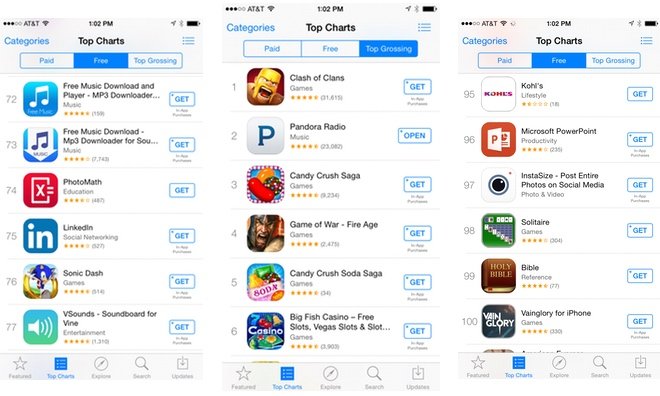







-m.jpg)





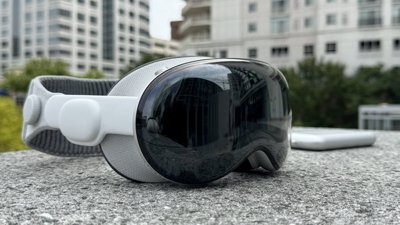
 William Gallagher
William Gallagher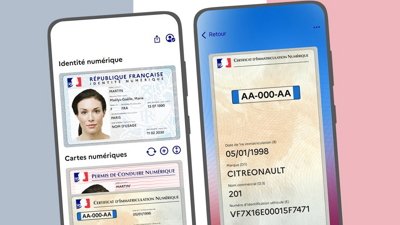
 Malcolm Owen
Malcolm Owen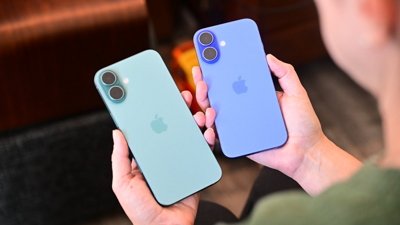
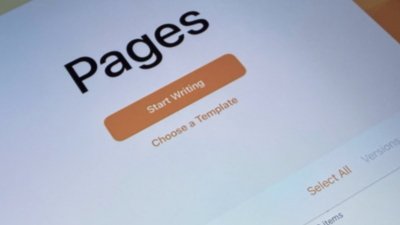

 Chip Loder
Chip Loder
 Mike Wuerthele
Mike Wuerthele



-m.jpg)






21 Comments
Finally!! Free-to-Play apps have ruined the gaming universe and must NOT be placed on the same level of free apps.
Gotta protect the stupid ones don’t you know. And the parents who can’t seem to figure out how to supervise their children’s online activities.
I was wondering why they changed "Free" to "Get". I just wish you did not need to type in your iTunes password when you "Get" a free app. I also wish that you did not need to begin the download in order to really own the app. Sometimes the app is too large to be downloaded via cellular data or too big to fit on your device so you cannot download it but you still want to own it for later download. There is no way to do that currently so if it is on sale for a day and you are on a trip, you cannot take advantage of the sale.
I was wondering why they changed "Free" to "Get". I just wish you did not need to type in your iTunes password when you "Get" a free app. I also wish that you did not need to begin the download in order to really own the app. Sometimes the app is too large to be downloaded via cellular data or too big to fit on your device so you cannot download it but you still want to own it for later download. There is no way to do that currently so if it is on sale for a day and you are on a trip, you cannot take advantage of the sale.
You can easily and immediately stop a download and then download it again at your convenience.
Gotta protect the stupid ones don’t you know. And the parents who can’t seem to figure out how to supervise their children’s online activities.
Your comment is stupid, these Apps were not up front honest about their costs involved.
By categorizing them as free, many people including me would download them only to realize later their use is very limited without paying a fee. I deleted them immediately when a fee was needed, but my time involved was wasted.
That's misrepresentation of a product, which Apple should have stopped as soon as they knew it was occuring.